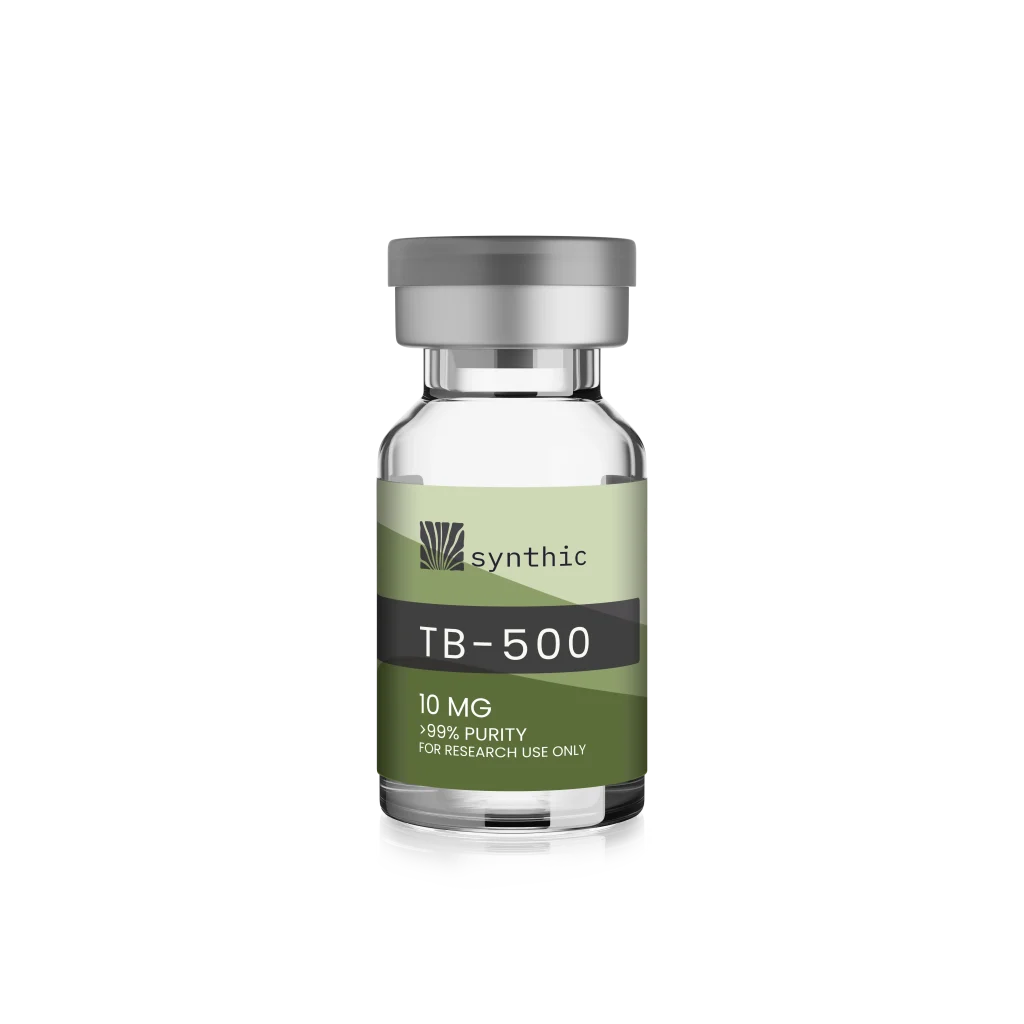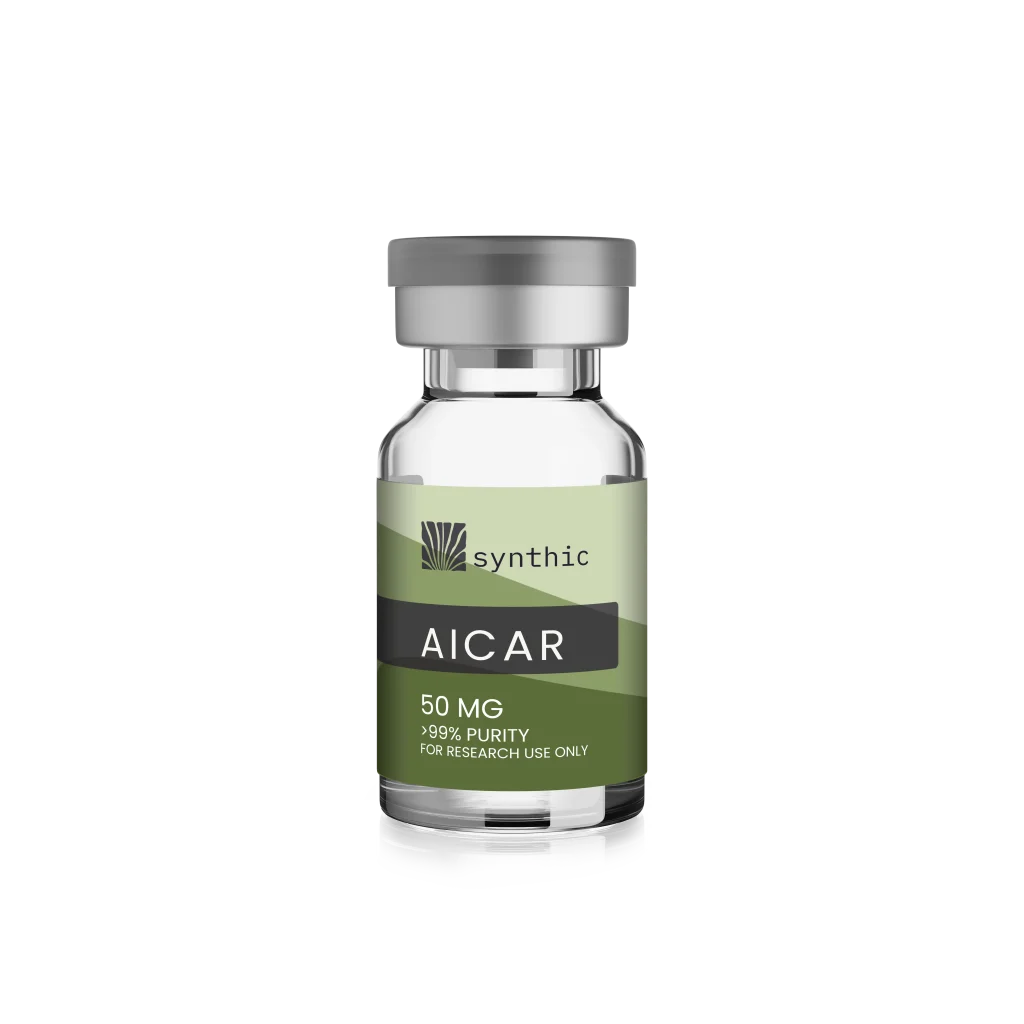The field of peptide research is advancing at a pace once reserved for tech and AI. From metabolic disorders to regenerative science, research peptides are emerging as precision tools that could shape the next era of therapeutics. But what makes them so promising — and what separates hype from verified science?
A New Class of Precision Tools
Peptides are short chains of amino acids — the building blocks of proteins — with highly specific biological activity. Unlike small molecules, peptides can target pathways with more accuracy, potentially reducing off-target effects in laboratory models.
From Bench to Breakthrough
Across the research landscape, peptides are being studied for their roles in:
- Appetite and metabolic regulation
- Inflammatory response modulation
- Muscle repair and tissue regeneration
- Cognitive and neurochemical pathways
Agents like semaglutide, tirzepatide, and BPC-157 have moved from obscure lab tools to the center of major publications and trials — particularly in controlled metabolic, endocrine, and performance-focused studies.
Why Researchers Are Turning to Peptides
- High receptor specificity
- Modifiable half-lives
- Lower toxicity in models
- Versatile synthesis methods
These features make peptides adaptable for targeted investigations — ideal for studying precise biochemical mechanisms without systemic overload.
Limitations & Lab Caution
While the promise is real, peptides come with handling complexities:
- Stability is sensitive to heat, light, and pH
- Dosing and degradation can vary between models
- Most peptides remain classified strictly as research-only compounds
⚠️ At Synthic, we strongly emphasize that all peptides are intended for lab-based research and not for human or veterinary use.
What’s Next for Research Peptides?
Ongoing trials and preclinical work continue to push the frontier — especially in the fields of:
- Obesity and insulin resistance
- Tissue repair and wound healing
- Neurological resilience
- Longevity science
Peptides like retatrutide and cagrilintide are drawing particular interest due to their multi-pathway profiles and synergistic effects in combination studies.
Conclusion: Science in Motion
Research peptides aren’t just a trend — they’re tools with immense untapped potential. As the body of evidence grows, so does the opportunity to ask better questions and design smarter studies.
At Synthic, we’re here to support that journey — with rigorously tested, high-purity compounds built for the lab environments shaping tomorrow’s breakthroughs.




